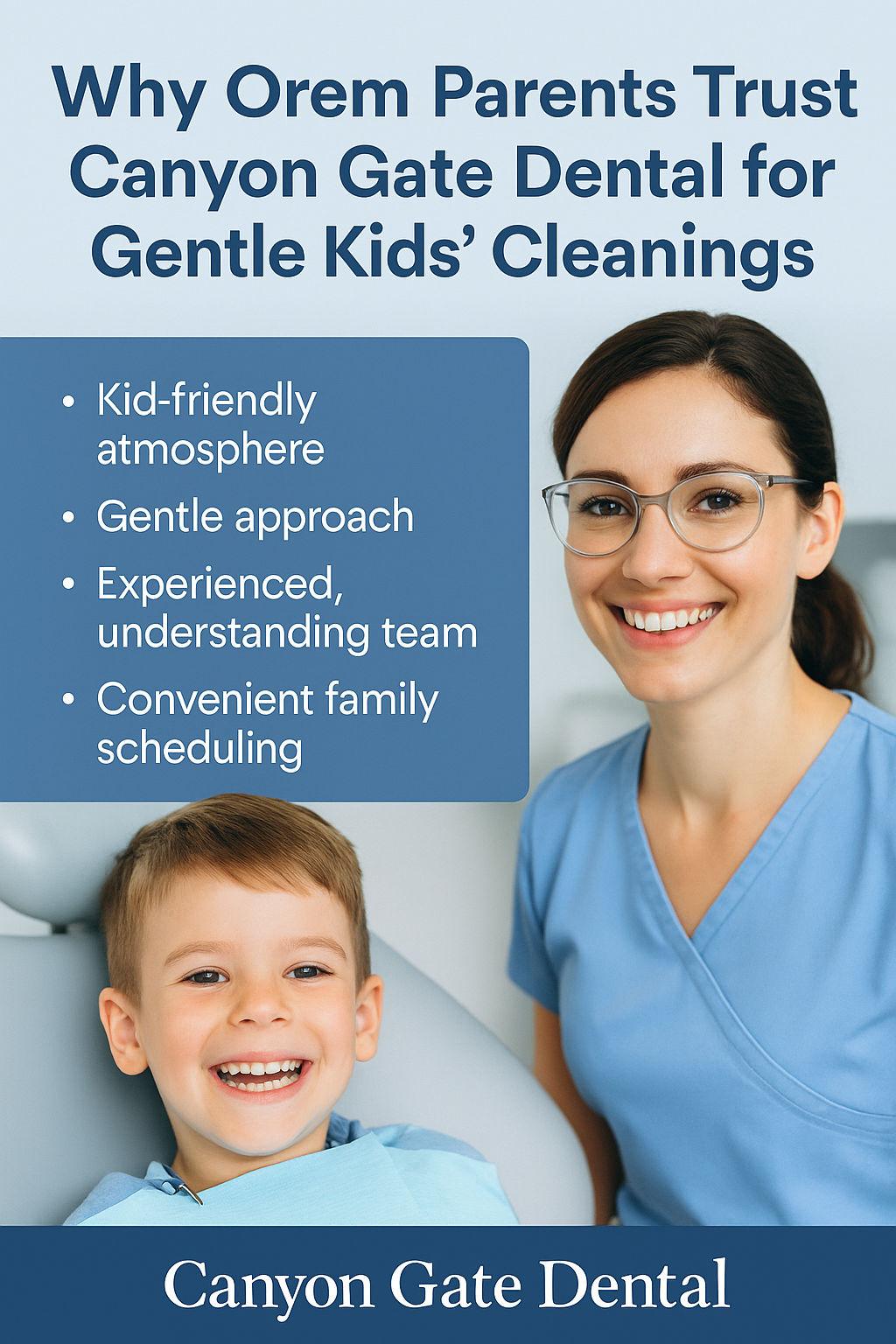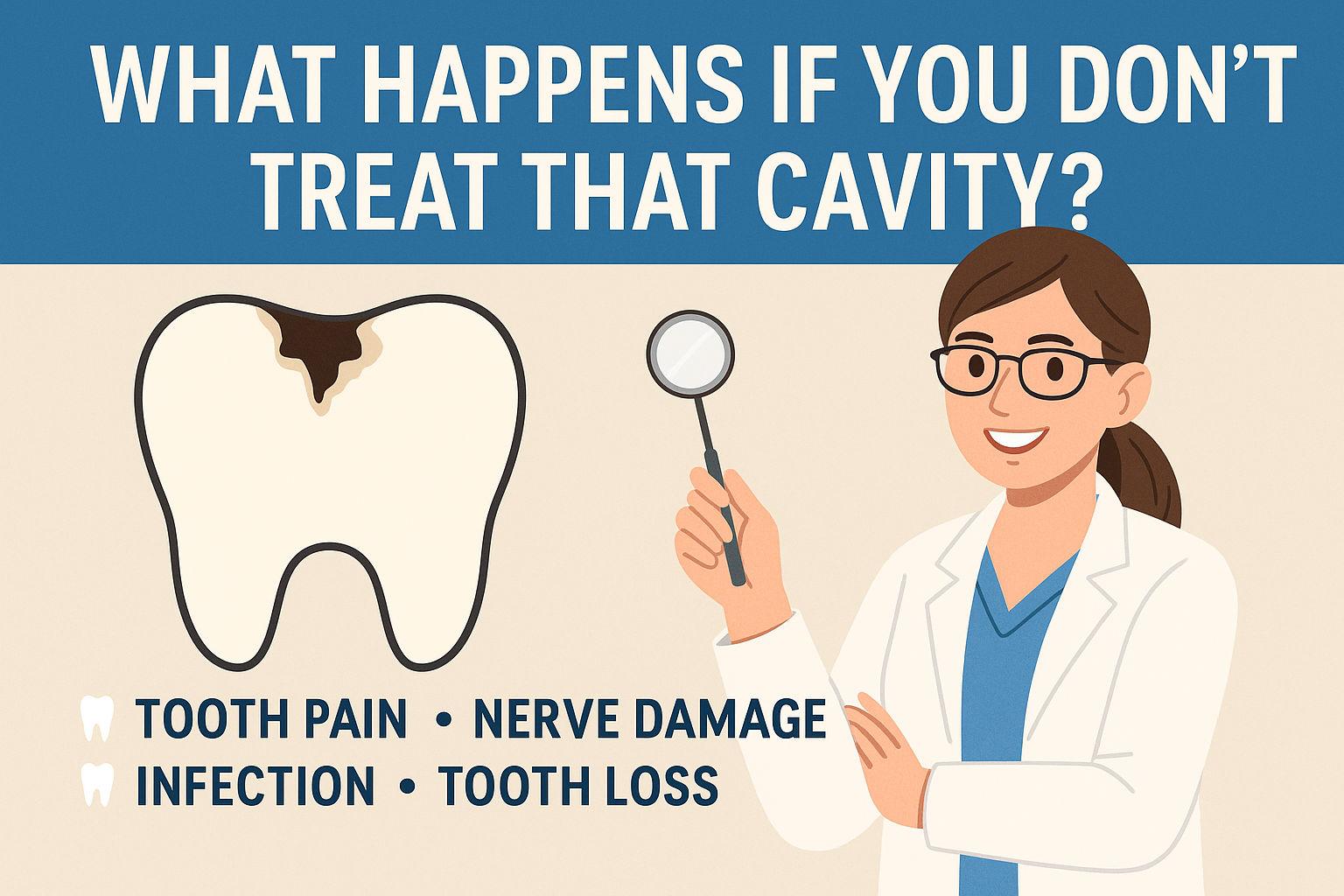Blog Highlights:
- 42,000 Americans are diagnosed each year with oral and throat cancers
- Your dentist can check your mouth for signs of cancer through visual inspection and palpation
- You need to be mindful of the different signs and symptoms of cancer especially when they do not disappear in two weeks
- Heavy smokers and alcohol drinkers who are older than fifty years old are at a very high risk for oral and throat cancer
- HPV-positive oropharyngeal cancers are very hard to detect but they rarely cause death or recurrence
- Keeping your mouth moist and caring for your cavity is crucial while undergoing cancer treatments
Every year, as much as 42,000 Americans will be diagnosed with oral and throat cancers. And worse, only an estimated 64% of those who are diagnosed will able to live beyond 5 years. This is why cancer must be treated as soon as possible; doing so will lessen health-related and treatment-related issues.
Your oral cavity contains a lot of different parts which includes the teeth, gums, cheek lining, the tongue, the palate, and the floor of your mouth. The pharynx on the other hand, begins with the soft part of the roof of your mouth and it goes towards the back of the throat. The back portion of the tongue as well as the area where it attaches to the floor of your mouth is also part of the pharynx.
During dental checkups, your dentist can talk to you about your health history. He or she is expected to check the aforementioned areas carefully for any signs of mouth or throat cancer. This will be done by a thorough visual inspection as well as by palpation of your neck and your jaw. This kind of assessment is very important; it must be done regularly so that any unexpected changes within your mouth will be detected as early as possible. This is especially true for those who might have cancer as it is more easily treated in its early stages. If you have not been to the dentist recently, you need to be wary of these signs and symptoms especially when they do not disappear within two weeks’ time:
- Changes in the way your teeth fit together when you close your mouth
- Difficulties in speaking, swallowing, or chewing
- Difficulty in moving your tongue
- Numbness, pain, or tenderness in your mouth or lips
- Red or white patches inside your mouth
- Sores or irritations
- Small eroded areas, rough patches, lumps, crust, or thickening of tissues within your mouth
Over the years, researchers have been able to identify factors that can put you at risk for throat or oral cancer. Heavy smokers and alcohol drinkers who are older than fifty years old are now considered to be at a very high risk. Recently, researchers have found evidence that connects the sexually transmitted human papilloma virus (HPV) with oropharyngeal cancer. As a matter of fact, HPV-positive oropharyngeal cancers are closely linked to non-smoking adults who have throat cancers.
HPV-positive oropharyngeal cancers are also very hard to detect, this is because they typically form at the base of the tongue as well as on or near the tonsils. It should be noted however, that even if HPV-positive oropharyngeal cancers are usually detected in its late stages, this condition has a low incidence of death or recurrence than those that have HPV-negative oropharyngeal cancers. It should also be known that a complex interaction of different internal and external factors contribute to the development of HPV-positive oropharyngeal cancers.
Caring for your mouth before getting cancer treatments
According to the National Institute of Dental and Craniofacial Research, the first thing that cancer patients must do before getting treatments is to have their oral cavity checked by a dentist. After getting treatments, it is important for patients to assess their own mouths for sores or for any changes.
Other NIDCR recommendations include:
- Keeping your mouth moist
- Drinking a lot of water
- Using saliva substitutes to help moisten your mouth
- Using sugarless gum or sugar-free candies
- Sucking small ice cubes or ice chips
Important Reminders to help keep your mouth healthy
- You should brush your teeth after every meal and before bedtime with a soft-bristled tooth brush. If the bristles are too painful, you can soften them further by soaking them in warm water before use.
- Always use fluoride toothpaste
- Never use mouthwashes that contain alcohol
- Ask your dentist for a fluoride gel. You must use this gel according to his or her instructions.
- You should floss your teeth daily, skipping the areas that are tender or bleeding.
- Mix one a quarter of a teaspoon of baking soda and salt in 1 quart of water. Use this solution to rinse your mouth several times each day.
- Ill-fitting dentures can cause a lot of problems. Consult with your dentist or your cancer doctor about it.









